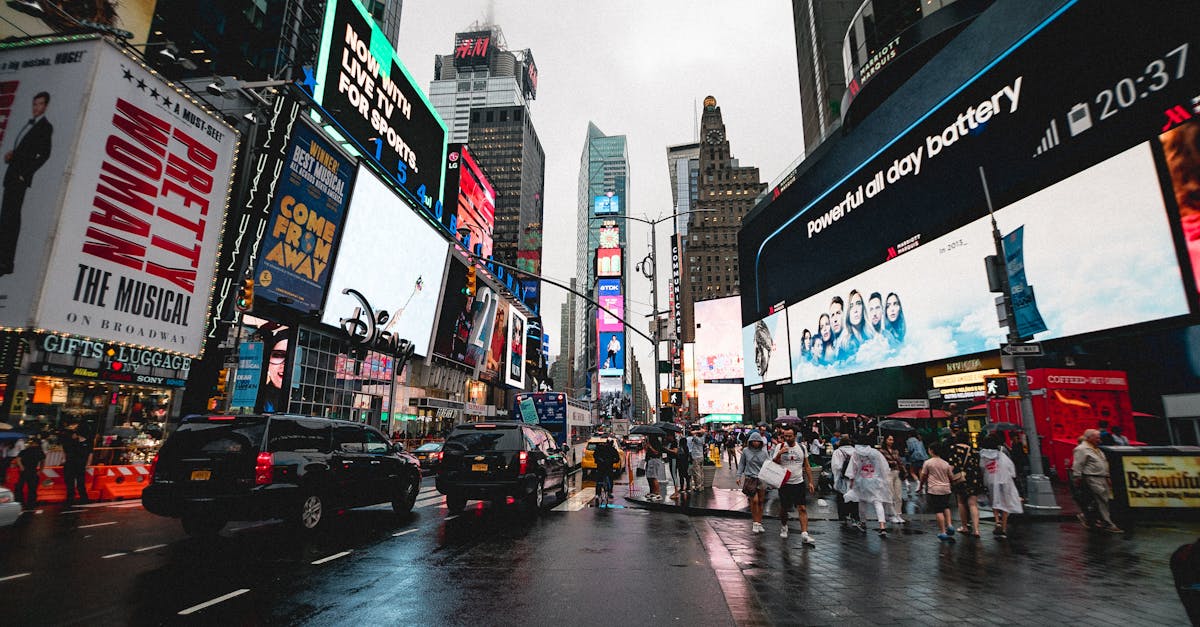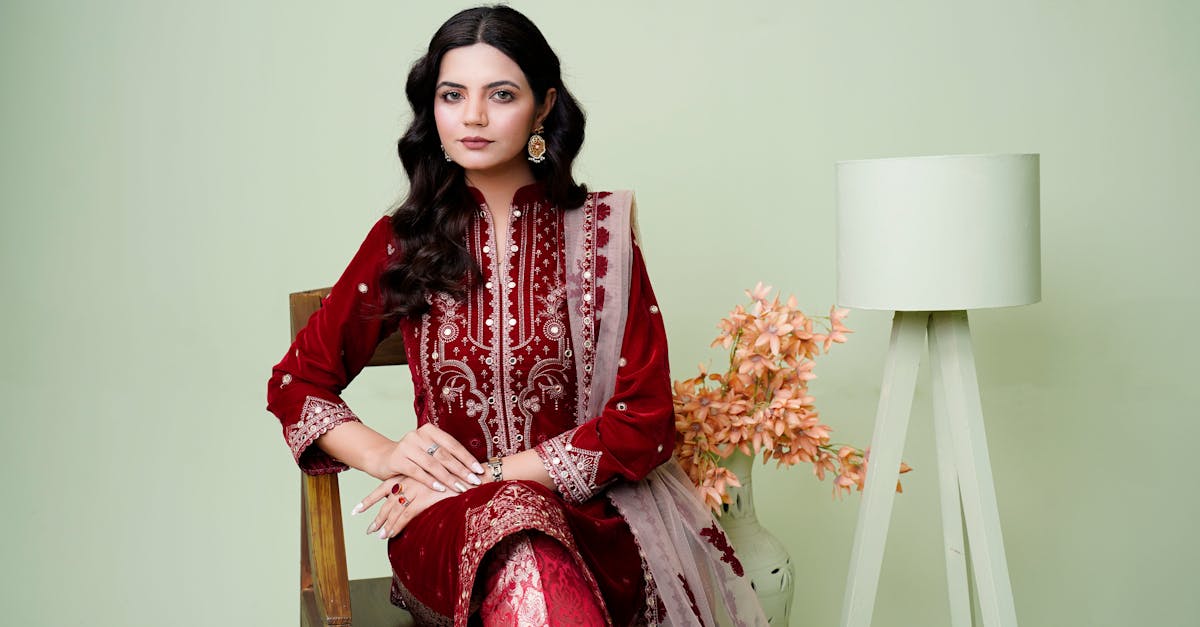Exploring Mindful Style Vogue
Introduction
In an age where sustainability and consciousness are at the forefront of global discussions, the concept of mindful style is catching on in the fashion industry. Mindful style is not just about aesthetics; it's about embracing fashion with intention, purpose, and awareness of its impact. The fast-paced world of vogue might seem an unlikely match for mindfulness, which encourages awareness and thoughtfulness in every action. However, the fusion of these two seemingly contradictory worlds is not only possible but also revolutionary. As consumers become more informed, they're demanding more than just trendy attire—they seek ethical production, sustainable materials, and fair labor practices. Fashion icons and designers are responding, pivoting toward an approach that balances trendsetting with social responsibility.
Advertisement
The Shift Towards Mindfulness in Fashion
The rise of mindful style is a shift from traditional approaches that prioritized mass production and profit margins over sustainability and ethics. This transformation is driven by growing consumer awareness about environmental and social issues linked to conventional fashion. Brands are beginning to adopt a slower production mindset, emphasizing quality over quantity and catering to a new wave of eco-conscious consumers. Mindful fashion promotes the idea that clothing should not only look good but also feel good, both to the individual and the planet. Initiatives such as fair trade certifications, cruelty-free labels, and pledges toward carbon neutrality are testament to this evolving landscape. This shift indicates a deeper understanding of fashion's role beyond mere aesthetic—highlighting it as an influential catalyst for change.
Advertisement
Eco-Friendly Materials and Innovations
The essence of mindful style is rooted in the materials used and the production processes behind them. Designers and brands are exploring and incorporating innovative eco-friendly materials, such as organic cotton, bamboo fibers, and recycled plastics, to align with mindful principles. Initiatives like zero-waste fashion seek to eliminate textile waste, turning remnants and offcuts into new creations. Innovations in fabric technology, like cruelty-free leather alternatives such as mushroom leather and lab-grown fabrics, are fascinating advancements within the industry. These efforts symbolize a move away from resource-heavy productions toward more sustainable choices. As brands continue investing in research and development for eco-conscious materials, consumers will see an increasing variety of options to engage with fashion mindfully.
Advertisement
Craftsmanship and Artisanal Revival
Mindful style is also fostering a resurgence in craftsmanship and artisanal techniques, driving a return to traditional values in fashion. Unlike fast fashion that thrives on speed and uniformity, mindful style emphasizes uniqueness and creativity. This burgeoning interest in artisanal products highlights the beauty and value of items made with care and skill over mass-produced alternatives. Handmade, local, and artisan fashion promotes social and economic empowerment within communities, preserving cultural craftsmanship while simultaneously supporting sustainable income. With a current emphasis on "less is more," consumers are increasingly drawn to pieces that tell a story or evoke a connection to the creator.
Advertisement
The Rise of Circular Fashion
An integral part of mindful style is adopting a circular fashion model, where the lifespan of clothing is extended through practices such as upcycling, recycling, and resale. Circular fashion aims to reduce waste by keeping clothing in use for as long as possible, supported by a growing trend of thrifting and vintage shopping. Brands encourage customers to recycle garments, offering services like take-back schemes and refurbishment of worn items. Technology is also playing a part, with digital platforms helping consumers buy, sell, and exchange pre-loved clothes. The result is an eco-friendlier approach that challenges the conventional "buy and dispose" mentality, paving the way for a more sustainable future in fashion.
Advertisement
Political Influence in the Fashion World
Mindful style has a strong political undercurrent, as discussions about sustainability in fashion often intersect with broader social issues. From fighting labor exploitation to supporting marginalized communities affected by climate change, fashion is emerging as a formidable platform for social justice. Public figures and designers use their influence to highlight issues through runway shows, social media, and collaborations with non-profit organizations. Mindful style embraces inclusivity, diversity, and representation, amplifying voices that strive for change across fashion's varied landscapes. This convergence of fashion and activism emphasizes the potential for mindfulness to inspire transformation in cultural and societal norms.
Advertisement
Technology and Innovation in Mindful Fashion
Technology is becoming a major contributor to the mindful style movement, enabling advancements in manufacturing processes and consumer engagement. Blockchain technology provides transparency in supply chains, reassuring consumers of ethical practices. Innovations in AI and data analytics equip brands with insights to optimize resource utilization, reduce waste, and understand consumer patterns. Virtual reality and augmented reality are revolutionizing the shopping experience, offering virtual fashion shows and "try-ons" that minimize physical waste. As technology and fashion continue to converge, the potential for creating impactful, sustainable changes expands, illustrating a sophisticated synergy between style and responsible innovation.
Advertisement
Consumer-Focused and Community-Driven Approaches
Mindful style is consumer-focused, putting the power in the hands of the buyer to make informed and responsible choices. Brands engage with their audience through storytelling, transparency, and education, empowering consumers to make conscious decisions. Online platforms and communities dedicated to sustainable fashion provide support and information exchange, encouraging participation and advocacy. By prioritizing thoughtful consumption, the mindful fashion movement reinforces the notion that every purchase is a vote for a particular world. Community-driven fashion initiatives exemplify a collective shift towards embracing mindful living as integral to the social fabric of modern society.
Advertisement
Challenges in Adopting Mindful Style
Despite the progressive strides in mindful style, the journey is fraught with challenges. The fashion industry remains a complex landscape, with systemic issues that can hinder broad adoption of sustainability practices. Cost is a significant barrier for many consumers, as eco-friendly materials and ethical productions often result in higher price tags. Additionally, overcoming "greenwashing" practices, where brands falsely market themselves as sustainable, requires vigilant consumer awareness. Achieving true sustainability in fashion demands collaboration across sectors, regulatory support, and ongoing education. By addressing these issues collectively, the fashion industry can build a resilient and responsible ecosystem that aligns with mindful style paradigms.
Advertisement
Conclusion and Future Outlook
Mindful style represents a significant shift in the fashion world that accommodates both individual expression and global responsibility. By prioritizing sustainability, ethical production, and conscious consumerism, the movement is reshaping traditional notions of vogue. As technology and innovation fuel this transition, the future of mindful fashion is poised for growth and profound change. While challenges remain, an increased commitment to collaboration and education holds promise for overcoming hurdles. Ultimately, by embracing mindfulness in fashion, we can create a vibrant, sustainable, and ethical industry that reflects and impacts society as a whole.
Advertisement








